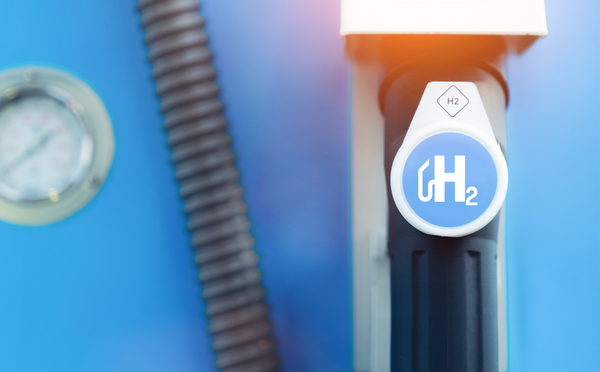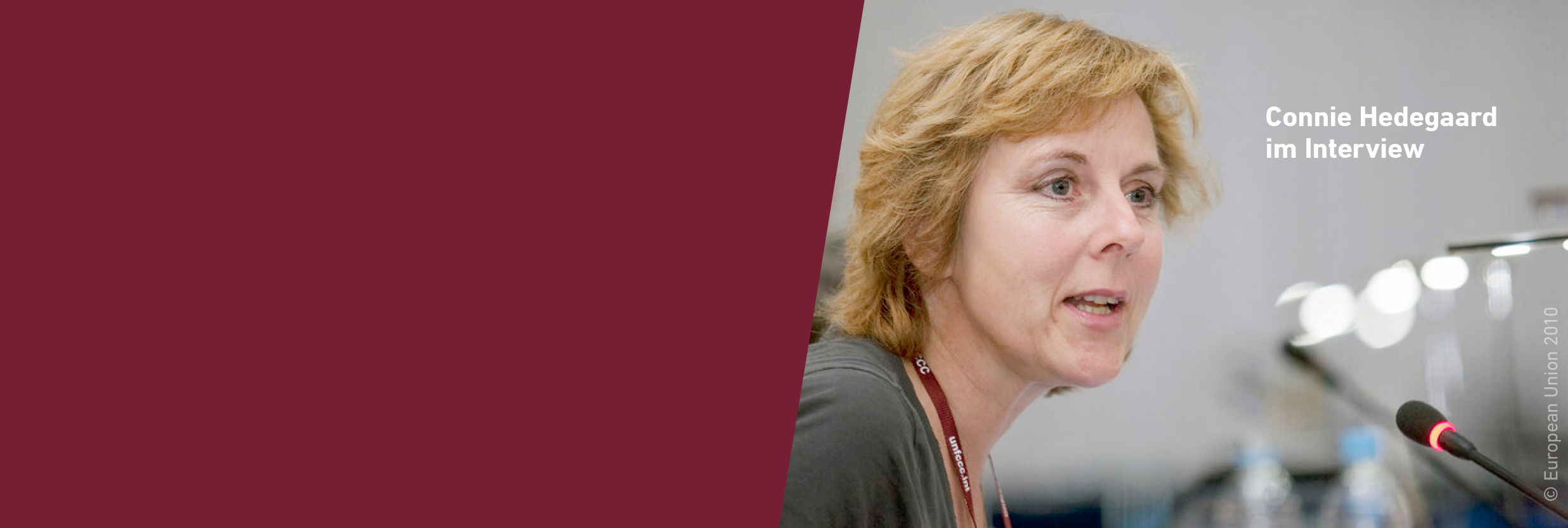Which role does hydrogen play on the municipal level in Europe?
German / Good to know / Pfaffenhofen-Galway / Marburg-Biedenkopf-Koscierzyna / Steinhagen-Woerden / Alheim-Dunleer / Braunsbedra-Kozani
Berlin, 10. November 2020. Hydrogen has great potential to contribute to the decarbonization of the industrial, mobility, energy and heating sectors. There are many considerations at European, national and local level as to how a future hydrogen economy can be advanced. As with many other energy transition measures, the local level plays an important role in developing innovations and motivating public acceptance. In addition, European cooperation and joint learning contribute to the development of sustainable water management. The second online meeting for the Energiewende Twinning Town project took place on November 10, 2020, organized by the HUMBOLDT-VIADRINA Governance Platform and the Renewable Energy Agency.
 Hydrogen is a very flexible energy source and is particularly important for use in industry, heating and mobility as a key element in achieving the goal of a climate-neutral Europe. For this purpose, hydrogen is to be produced on the basis of renewable energies in the long term (“green hydrogen”), for which the necessary infrastructure must be established. What role do municipalities play in the German and European hydrogen strategy? And which ongoing municipal projects are helping to create a hydrogen economy? These questions were the focus of online workshops.
Hydrogen is a very flexible energy source and is particularly important for use in industry, heating and mobility as a key element in achieving the goal of a climate-neutral Europe. For this purpose, hydrogen is to be produced on the basis of renewable energies in the long term (“green hydrogen”), for which the necessary infrastructure must be established. What role do municipalities play in the German and European hydrogen strategy? And which ongoing municipal projects are helping to create a hydrogen economy? These questions were the focus of online workshops.
The event was opened by Christina Hülsken, project manager at the Renewable Energy Agency. In the following round of introduction, the participating representatives from the municipalities of Galway (Ireland), Pfaffenhofen (Bavaria), Steinhagen (North Rhine-Westphalia), Kozani (Greece) and Marburg-Biedenkopf (Hesse) shared their experiences and questions to the workshop. While some of the municipalities are still at the very beginning of their considerations on hydrogen, such as Kozani in Greece, other municipalities are already involved in research or implementation projects such as Galway and Marburg-Biedenkopf.
The first presentation was provided by Simon Müller, energy expert and head of the energy systems department at ENERTRAG. He presented the basic opportunities and challenges of a hydrogen economy. Hydrogen can be used in many ways - as energy storage, in sector coupling, as a raw material in chemical and industrial processes and as an energy carrier in the heating and transport sector. In the production of green hydrogen, efficiency must always be taken into account, since efficiency losses of up to 70% can be expected compared to the direct use of renewable energies. With regard to the development of a green hydrogen infrastructure, Simon Müller emphasized that electrolyzers are still very expensive and investments aimed solely at excess electricity cannot be amortized.
The next presentation was held by Bernd Westphal, economic and energy policy spokesman for the SPD parliamentary group and focused on the European hydrogen strategy, in which the German hydrogen strategy is embedded. The aim is to gradually build up a green hydrogen economy. This requires reliable European cooperation and the use of the strong offshore potential. The European Commission's roadmap envisages to support the installation of electrolyzers for the production of up to one million tons of green hydrogen by 2024. Between 2025-2030, hydrogen is to be established for the integration and coupling of the sectors in the energy system, and from 2030 the expansion of green hydrogen is on the agenda. The Netherlands and France are currently the hydrogen pioneers at European level.
Fabian Schmitz-Grethlein, Head of Energy System and Power Generation at the Association of Municipal Companies (VKU), discussed the role of municipalities in the German and European hydrogen strategy. He presented some municipal hydrogen projects such as the H2-W-project on hydrogen mobility in Wuppertal (H2-W – Wasserstoffmobilität für Wuppertal), which is being implemented jointly by the local waste management company AWG mbH and Wuppertaler municipal utilities. In this project hydrogen-powered buses are used in local public transport and the hydrogen for the buses is produced by the AWG in the waste-to-energy plant. Other projects are the Mainz energy park (Energiepark Mainz) and the decentralized power-to-gas system operated by Stadtwerke Augsburg to supply a residential complex with electricity and heat. An important aspect when setting up a hydrogen infrastructure: all hydrogen process steps - generation, transport and use – need to be taken into account, also in decentralized projects.
The last input of the workshop dealt with the HyStarter-Project in Marburg-Biedenkopf, which was presented by the energy coach of the district Erich Weber. In addition to HyExpert and HyPerformer, HyStarter projects are part of the HyLand competition funded by the German Federal Ministry of Transport and Infrastructure to support the development of German hydrogen economy locally. In addition to the further development of possible fields of application of hydrogen in the region, the Marburg project is primarily concerned with knowledge transfer and education on the topic in order to foster acceptance in the population. An educational concept is to be created for all age groups.
The online workshop showed the complex possibilities and challenges of building a European hydrogen economy. The discussion again showed how important the local exchange across European borders is in order to reflect on topics from different perspectives, to jointly find points of reference and synergies and last but not least, to contribute to mutual learning about the energy transition and a European understanding.
The project “Energiewende Twinning Towns” funded by the German Foreign Office has been running since 2018 in cooperation between the HUMBOLDT-VIADRINA Governance Platform and the Renewable Energy Agency. As practical partners, the Association of Municipal Enterprises (VKU) and the German Association of Cities and Municipalities (DGStB) support the project activities, which aim to strengthen the exchange of knowledge and technologies between German and European municipalities through bilateral workshops and multilateral online meetings as well as kick-off and final conferences.


Social Media